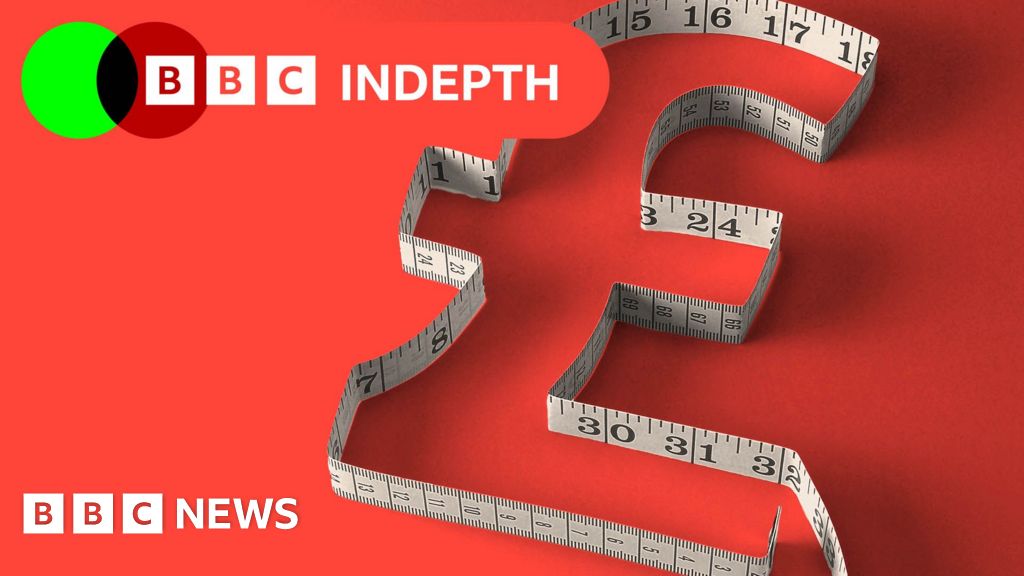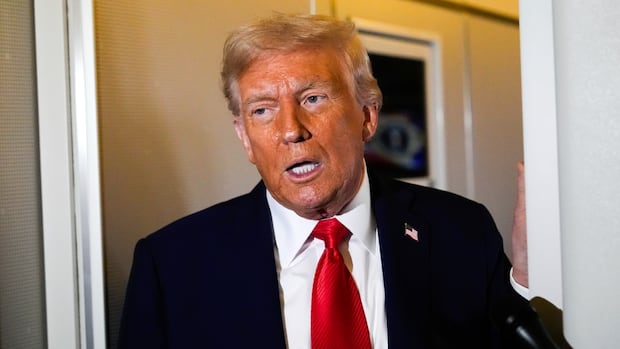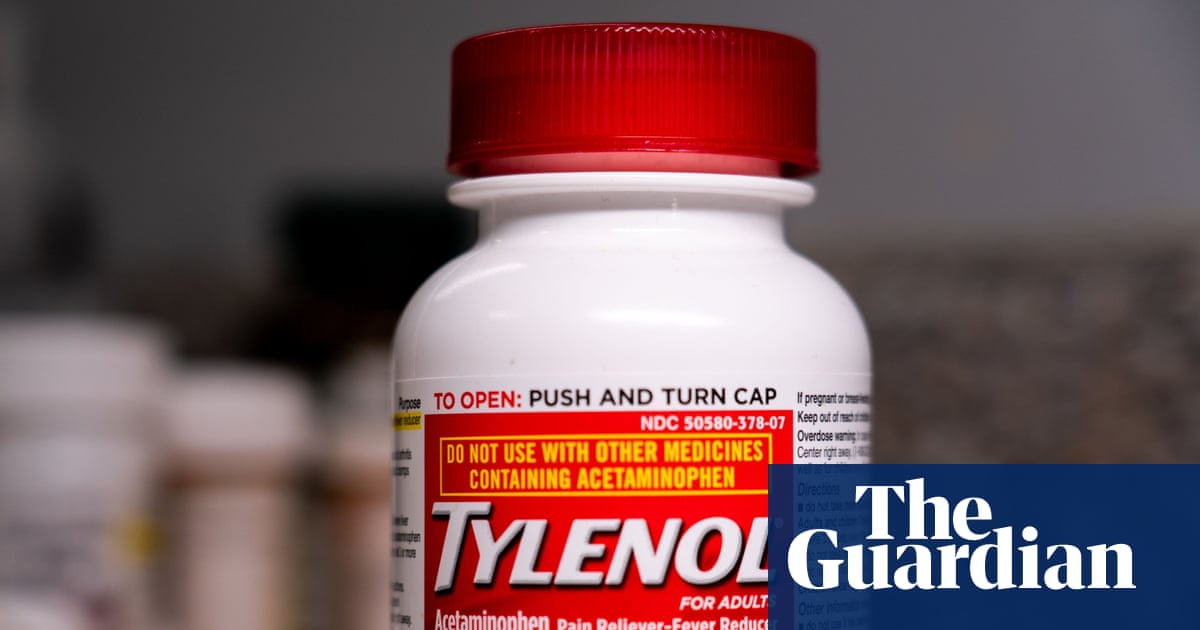Weight-Loss Injections: Turning Obesity into a Wealth Issue?
The increasing popularity of weight-loss injections like Ozempic, Wegovy, and Mounjaro has sparked a debate about access and affordability. While some are prescribed by the NHS, many individuals pay privately, raising concerns about a potential two-tiered system where access to these drugs is determined by wealth.
The Rise of Weight-Loss Injections
Initially used off-label for weight loss, drugs like Ozempic have gained mainstream attention, with celebrities such as Serena Williams, Elon Musk, and Whoopi Goldberg openly discussing their use. Now, Wegovy and Mounjaro are available on the NHS, but access is limited by strict criteria and regional variations.
While these medications offer significant weight loss potential, with studies suggesting up to a fifth of body weight reduction, the accessibility and cost implications are creating growing concerns. Martin Fidock, UK managing director of Oviva, highlights the "postcode lottery" of NHS prescriptions, where eligibility varies across different regions.
NHS Access and the 'Postcode Lottery'
Although the NHS offers Wegovy and Mounjaro, stringent eligibility criteria, particularly regarding BMI, restrict access for many who could benefit. Some regional health boards have even increased the BMI threshold, further limiting access. Novo Nordisk, the manufacturer of Wegovy, has expressed concern about the growing disparity in access, leading to more people paying out of pocket, an option unaffordable in areas with high obesity rates and deprivation.
According to data, only a fraction of NHS boards across England have begun prescribing Mounjaro in line with the rollout plan, contributing to what Fidock describes as a "postcode lottery." This disparity is particularly concerning given that obesity rates are significantly higher in more deprived areas, potentially exacerbating existing health inequalities.
Private Market and Affordability Concerns
The limited NHS access has fueled a booming private market for weight-loss drugs. While some individuals, like Sara de Souza, have found success and improved quality of life through private prescriptions, the high cost raises affordability concerns for many. The potential for pharmaceutical companies like Eli Lilly to increase prices further exacerbates these worries.
Brad, a tech company worker, worries about affording to continue his Mounjaro treatment, despite the significant weight loss he has experienced. Polls indicate that while a percentage of Britons would pay for weight-loss drugs, more would utilize them if they were readily available on the NHS.
Ethical Concerns and the Wider Picture
Nutritionists and GPs express broader concerns about the potential for widening health inequalities. Katharine Jenner of the Obesity Health Alliance argues against allowing good health to become a luxury accessible only to the wealthiest. There are also concerns surrounding unethical dispensing practices and the lack of proper medical assessment in some private services.
The article also highlights the deeper societal issue; beyond the medical, there are economic consequences associated with obesity. One US study found that obese men and women with bachelor's or graduate degrees earn less compared to their thinner counterparts.
Looking Ahead: Potential Solutions and Broader Considerations
Some argue for wider NHS access, acknowledging the financial implications. Michael Shah of Bloomberg Intelligence suggests increased competition in the market could eventually drive down costs. The Tony Blair Institute proposed offering these drugs to individuals with BMIs over 27, advocating for a means-tested system to address affordability.
Ultimately, addressing obesity requires a multifaceted approach that goes beyond medication. Greg Fell, president of the Association of Directors of Public Health, cautions against medicalizing the issue to the detriment of addressing systemic problems within the food industry and regulation. He adds, addressing the "broken food system" and tackling issues such as junk food advertising in poorer areas are critical steps in preventing and managing obesity. As professor Chris Rojek states: “We live in a society that prizes freedom of choice and expression, values material wealth and tolerates vast inequality... It would be naïve to claim we can simply solve this."
 Visit the website
Visit the website



